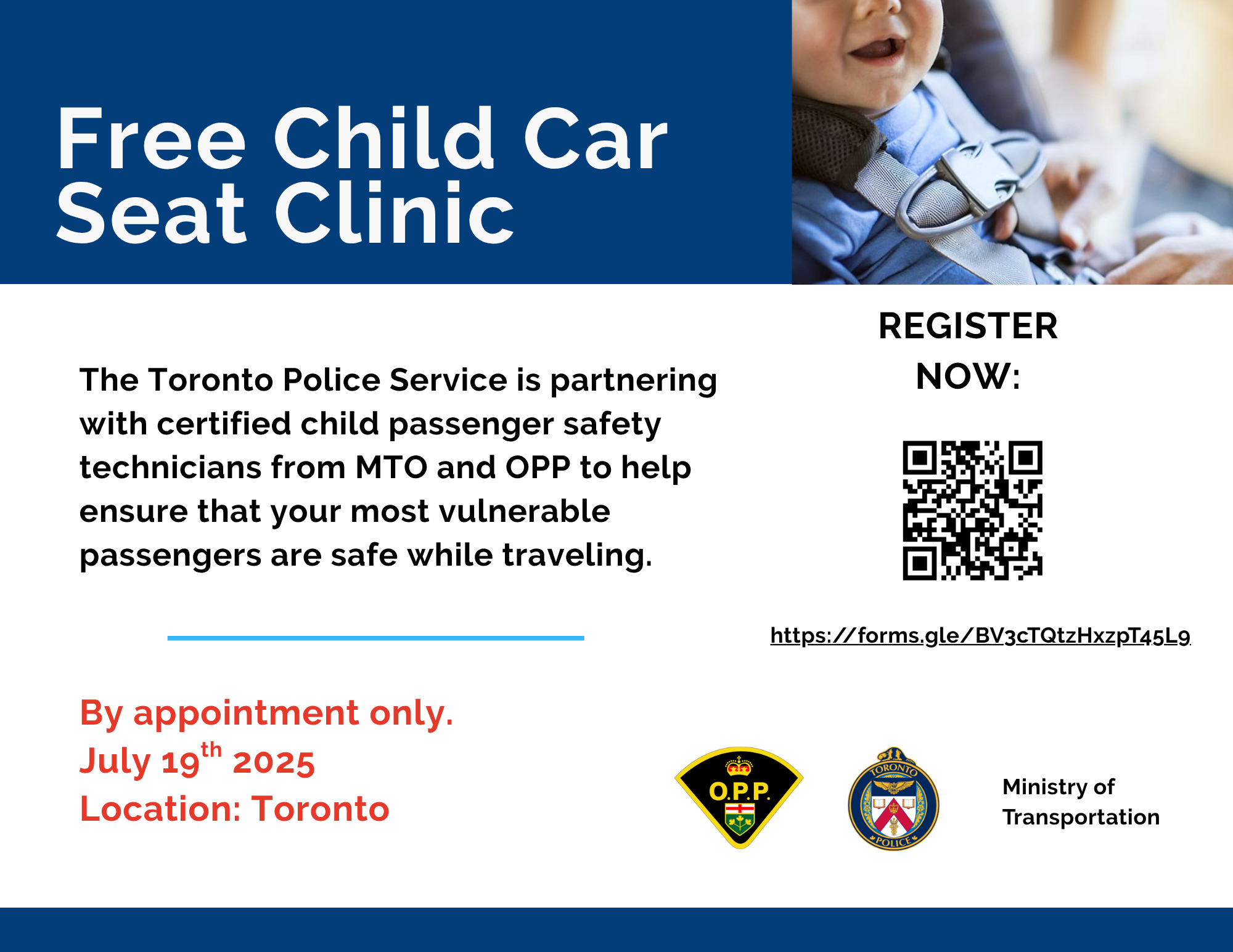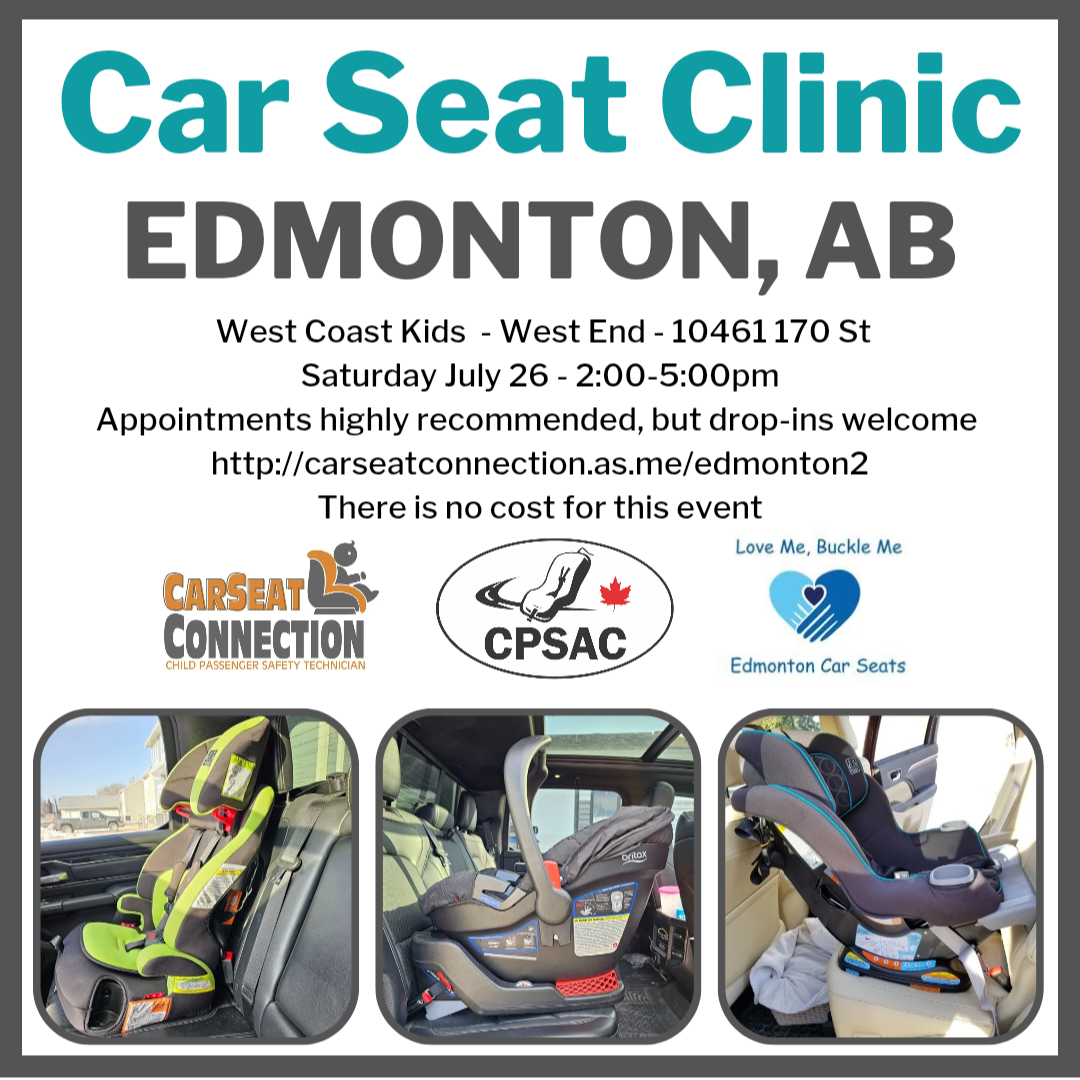CPSAC provides quality, professional training for professionals in the fields of healthcare, injury prevention, fire, police, emergency response, family resource, social work, childcare, retail, as well as parents, caregivers, and advocates.
Those certified with another child passenger safety organization may wish to add or transfer to CPSAC-certification; details are here.
Upon completion of the CPSAC Child Passenger Safety Technician (CPST) training course, successful candidates will receive a professional certificate that is nationally recognized across a number of fields. CPSAC can provide training to professional organizations as part of their continuing education requirements, or to professionals who are looking to expand on their knowledge and services. Training is available to all interested parties, regardless of professional affiliation; members of the public often work alongside fire and rescue, police, doctors, nurses, and other professionals both during courses and in providing services to the public after training has been completed.
Note that the minimum age for CPST certification is 16.
Our Child Passenger Safety Technician (CPST) training is endorsed by Parachute Canada.
Devenir un TSEP
Le programme de formation de Technicien en Sécurité des Enfants Passagers (TSEP) est un programme de formation et de certification professionnelle normalisé et reconnu à l’échelle nationale, dispensé par des instructeurs dans des communautés réparties dans tout le pays.
Les personnes certifiées par une autre organisation de sécurité des enfants passagers peuvent souhaiter ajouter ou transférer la certification de l’ASEPC ; contacter registration@cpsac.org.
À l’issue du cours de formation de l’ASEPC pour la certification de Technicien en Sécurité des Enfants Passagers (TSEP), les candidats retenus recevront un certificat professionnel reconnu à l’échelle nationale dans un certain nombre de domaines. L’ASEPC peut proposer des formations aux organisations professionnelles dans le cadre de leurs exigences en matière de formation continue, ou aux professionnels qui cherchent à élargir leurs connaissances et leurs services. La formation est accessible à toutes les parties intéressées, quelle que soit leur affiliation professionnelle; les membres du public travaillent souvent aux côtés des services d’incendie et de secours, de la police, des médecins, des infirmières et d’autres professionnels, à la fois pendant les cours et dans la prestation de services au public une fois la formation achevée.
L’âge minimum pour obtenir la certification TSEP est de 16 ans.
Notre formation de Technicien en Sécurité des Enfants Passagers (TSEP) est approuvée par Parachute Canada.
Frequently Asked Questions

The Child Passenger Safety Technician (CPST) training program is a nationally-recognized, standardized, professional training and certification program provided by instructors in communities throughout the country. Our training program provides course participants with the widest range of information and knowledge available in Canada on child passenger safety. This includes best practice recommendations, car seat and booster seat installation and use, and how to support caregivers so they can safely transport children in their care. The training will prepare you to use your technical and practical skills to help caregivers at clinic events, private seat checks, workshops, community events, or at your job.
Learning objectives for this course:
- Recognize the importance of child passenger safety.
- Value the responsibility to educate, empathize, and empower caregivers.
- Describe how to choose an appropriate seat for a child.
- Demonstrate how to buckle a child into a seat.
- Demonstrate proper car seat and booster seat installation.
- Demonstrate how to educate and coach a caregiver on how to install and use their car seat or booster seat.
- Recognize your role and the supports available to help you.
The CPST training course is 24 hours long, and certification requires 100% attendance. Instruction includes:
- Classroom learning
- Instructor demonstrations
- Videos
- Small group activities
- Hands-on practice in class and in vehicles
- Classroom discussion
- Knowledge checks (mini quizzes)
- Certification car seat clinic
Topics covered in this training include:
- Why is child passenger safety important?
- Stages of seats
- Is this seat safe to use?
- Parts and manuals
- Seat selection and set up
- Buckling the child in a 5-point harness
- Choose a seating location in the vehicle
- Installation with the seat belt
- Installation with UAS
- Installation with the tether
- Installation
- Booster seats and seat belt use
- Roles and responsibilities
- Special transportation needs
- Alternate forms of transportation
- Clinic preparation
- Certification and next steps
Practicing installing car seats and booster seats can be physically demanding, and performing installations is a required piece of the skills assessment in this course. Most candidates find they need a certain degree of physical dexterity to do this work, though skilled technicians are able to coach parents without ever touching a seat.
If you require any accommodations for successful completion of this course, or would like more information about what is involved, please contact the instructor of the course you are interested in attending, or ask the Registrar at registration@cpsac.org.
Due to the physical nature of the course content and required in-person skills assessment, this course is currently offered only in-person at this time.
Technician-candidates must be at least 16 years of age at the start of the course.
Certification is valid for three years, and requires completion of two online updates in that time period, and either fifteen documented seat checks OR participation in three peer coaching sessions. Recertification may be done online in most cases.
You could save a life. It could be the life of your own child, a family member, or a friend’s child.
As a technician you can do any number of things to educate and advocate for child passenger safety. Some take it for their own interest only, and others take it because they want to share their knowledge with others. You can use your certification as a volunteer in your community, as a supplement to your professional occupation, or as a professional occupation in of itself. Some technicians volunteer their time at seat check events in their community, and some choose to work primarily private checks. Others participate in community workshops, or become an embedded source of information for their workplace.
Currently certified members are covered under CPSAC’s group insurance policy when operating as a volunteer (with other CPSAC volunteers, with another organization, or when volunteering independently). If you are being paid or charging a fee for your CPST work, private insurance can be obtained separately through the same insurance provider, or inquire with your current insurance provider to add this work to your coverage.
Your instructor will provide all materials.
Your instructor will provide information about lunch and snacks, as well as start and end times.
There is an outdoor component to this training. Dress appropriately for the weather. Wear comfortable clothing and sturdy footwear, as you will be climbing in and out of vehicles. Tie back long hair, and trim long nails. Uniformed professionals may wish to be in uniform for the clinic portion of the training, but will probably be more comfortable in street clothes for the classroom portion.
You can consult our events page for upcoming public courses, or by contacting the Registrar at registration@cpsac.org.
Closed, private courses are not usually listed publicly on the events page. If you would like to schedule a private course for your group or partial group please contact the Registrar at registration@cpsac.org.
If you would like to subscribe for notice of upcoming courses in your province, please do so here.
Because CPSTs are providing services to families with young children, many people who are interested in becoming certified also have young children. Some instructors may allow non-mobile infants in the classroom portion of the course, so long as those course participants are considerate of the other students in their classroom. This requires an awareness of your child’s temperament and your own limitations in a classroom environment. Alternate childcare arrangements are mandatory for the clinic portion of the course.
Currently scheduled public courses (CPST Training) can be seen here. Contact and registration information is listed on each course page.
Those interested in a private course for their group may contact the registrar at registration@cpsac.org.
Any technician-candidate wishing to transfer from another CPS program, or to add CPSAC certification in addition to their current CPS certification with another organization is able to do so by completing the following:
- Connect with an instructor about supporting this transfer/addition or contact registration to find a local instructor to connect with;
- Provide proof of current certification status with the other CPS program (within the last three years);
- Complete independent, online reading and preparation work in advance of a 1-day in-person session;
- Successfully complete an in-person session with an instructor. This training will be composed of 2-3 hours review and demonstration, a 1 hour written multiple choice exam, and a 3+ hour public seat check event (practical exam). These components may be split over more than one day.
- Fees vary based on instructor’s costs.
If you are an instructor with another CPS program please reach out to registration@cpsac.org to discuss options with CPSAC.










